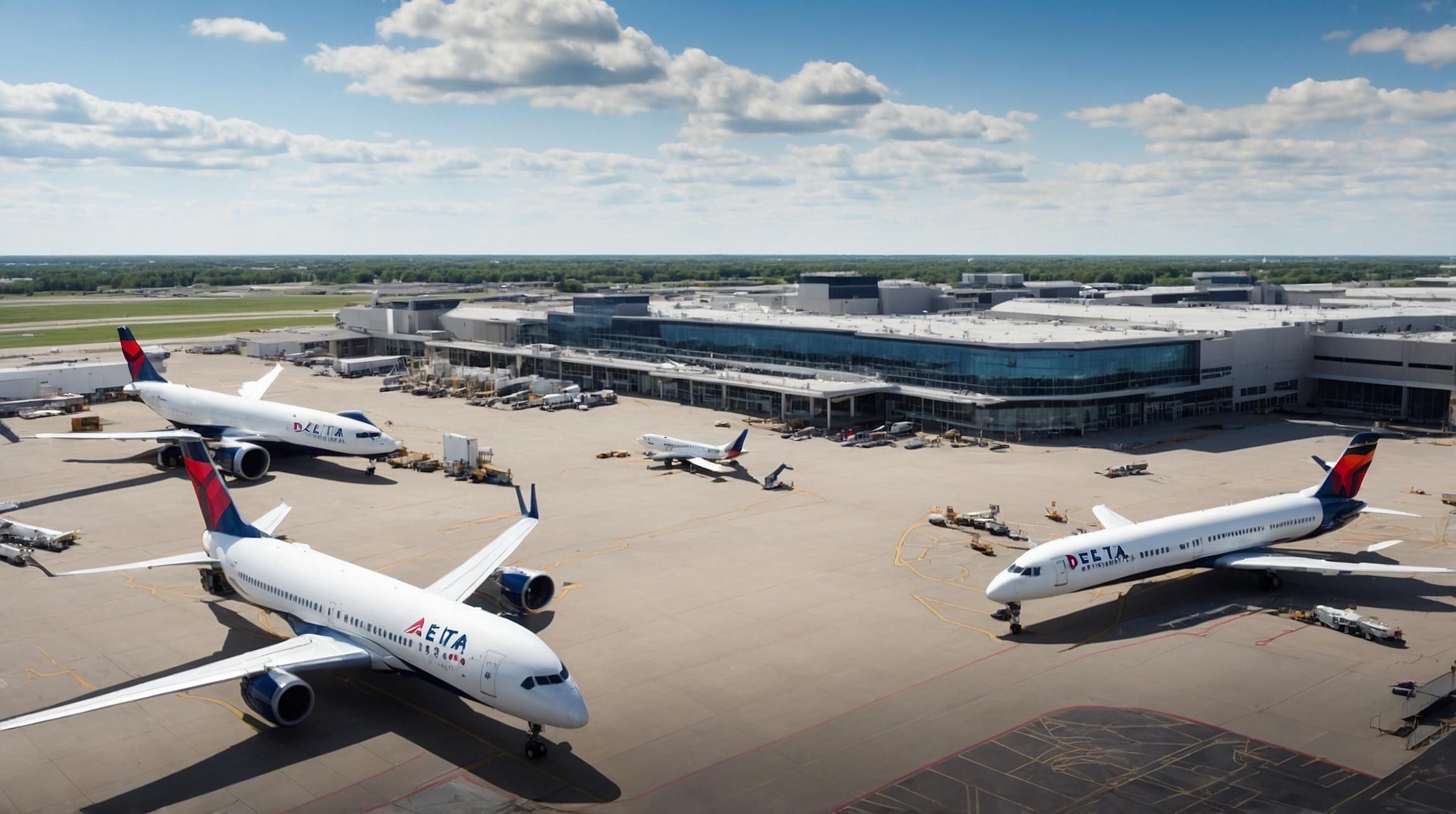Delta's Strategic Shift at MSP
Delta Air Lines has recently made a significant financial commitment to the Minneapolis-St. Paul International Airport (MSP), marking a strategic enhancement of its second-largest hub. This move involves over $100 million in infrastructure upgrades and the introduction of new routes.
About three to four years ago, leadership from MSP engaged with Delta executives in Atlanta, advocating for increased investment in Minnesota. Eventually, Delta agreed, appreciating the need to bolster Minneapolis akin to other major cities like Seattle and New York.
Infrastructure and Route Expansion
Since the pivotal meeting, Delta has not only allocated substantial funding but also added 22 new routes, reinstating several that were paused during the pandemic. This includes 10 new domestic routes and some international destinations.
Delta acknowledges that investment in Minnesota was overdue. As part of a post-pandemic strategy, Delta is enhancing its U.S. network, with Minneapolis now receiving overdue attention. This renewed focus aims to preserve MSP's reputation as a world-class hub and mitigate critiques concerning Delta's market dominance and its impact on fare prices.
Historical Context and Current Developments
Delta's connection with MSP dates back to its merger with Northwest Airlines in 2008, which established Delta as the main carrier at the airport. Despite this, MSP saw limited investment post-merger, primarily receiving aesthetic and technological improvements.
Now, Delta is committed to transforming MSP into a world-class airport, ensuring consistent amenities across all hubs. This strategy prevents any negative customer perceptions about MSP's facilities compared to other Delta hubs.
Outperforming and Excelling
Despite previous underinvestment, MSP has been a top performer among Delta’s hubs, consistently ranking as one of North America's best airports. This year, MSP was named the best airport in its category for the third consecutive year.
Delta is responding to increased passenger demand with more large aircraft and investing in gate and ramp space upgrades at MSP to accommodate larger planes.
Challenges and Opportunities
While Delta's dominance provides economic benefits, it also poses risks as the airport becomes reliant on a single carrier. Past examples like Memphis and Cincinnati highlight potential vulnerabilities when an airline shifts its focus.
Currently, Delta and its regional affiliates account for a majority of MSP’s passenger traffic and revenue. This dominance is both beneficial and restrictive, influencing airport decisions and strategies.
Economic Impact and Future Prospects
Delta’s commitment to MSP serves as a significant economic driver, aiding in business retention and attraction efforts in the Twin Cities. The strong partnership between Delta and MSP, backed by the region's economic diversity and healthy household income levels, ensures a robust future for both the airport and the airline.
In summary, the strategic investment by Delta Air Lines in MSP underscores its commitment to maintaining MSP as a premier hub, which in turn supports Minnesota's economic growth and connectivity.













